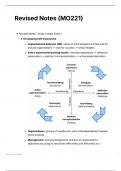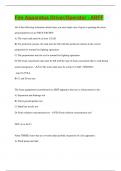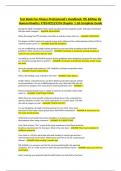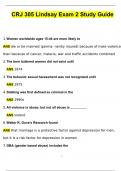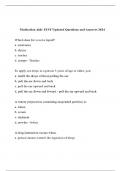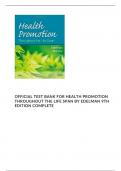Exam (elaborations)
HESI COMPREHENSIVE EXAM QUESTIONS AND CORRECT DETAILED ANSWERS (VERIFIED ANSWERS) ALREADY GRADED A+
- Course
- ADULT HESI
- Institution
- Tarrant County College
Enalapril maleate is prescribed for a hospitalized client. Which assessment does the nurse perform as a priority before administering the medication? Checking the client's blood pressure Checking the client's peripheral pulses Checking the most recent potassium level Checking the client's in...
[Show more]




